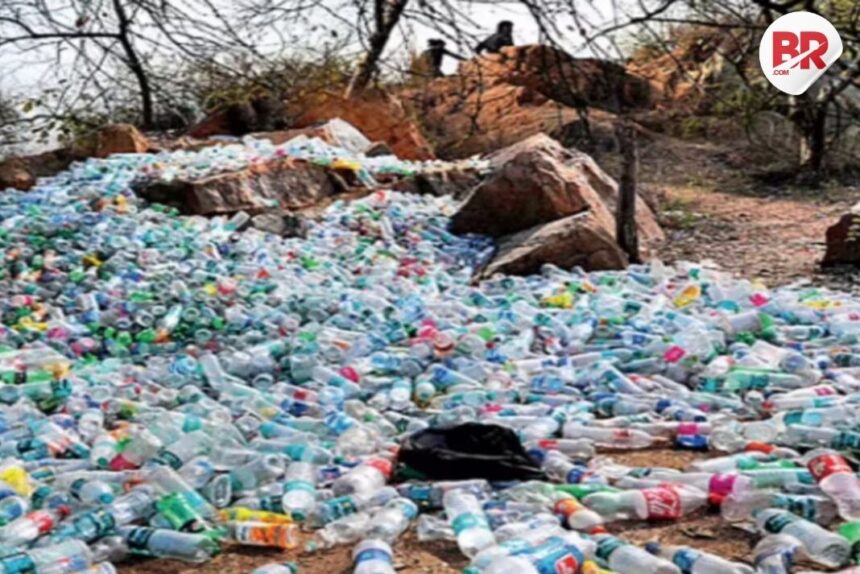
West Bengal produces a huge amount of plastic waste every day — about 1,000 tonnes. To stop this pollution, the state government is working hard to reduce plastic use, especially single-use plastics (SUPs), which are used once and thrown away.
One new idea is to set up machines that sell cloth bags at low prices in markets. People can buy these reusable bags instead of using plastic ones. These cloth bags are cheap and can be used many times, said Roshini Sen, the Additional Chief Secretary of the Environment Department.

The government has already made some big places plastic-free. For example, the Gangasagar Mela was declared a fully plastic-free event. Plastic bags are also banned in sensitive tourist spots like the Sundarbans and the new Digha Jagannath Dham temple.

Sen said, “Our goal is to stop single-use plastic completely.” Local authorities have been told to fine people who break these rules, and the government will be strict if needed.
Every year, West Bengal creates about 330,000 tonnes of plastic waste. Kolkata alone produces 400 tonnes daily. Sen added, “If we recycle plastic properly, this waste can become useful instead of harmful.”
The state has set up 30 plastic recycling centers, including places in Digha and Dhapa. Their campaign is called “Beat Plastic Pollution,” focusing on how plastic harms the environment and endangered animals.
State Environment Minister Chandrima Bhattacharya asked school students to help stop plastic use. She said, “We should accept progress but also think about the world we leave for future generations. Everyone should be responsible.”
Kalyan Rudra, head of the West Bengal Pollution Control Board, warned about the dangers of plastic pollution. Burning plastic at low temperatures releases harmful gases. He shared worrying facts: the Hooghly River’s sediment has many tiny plastic pieces, and the air around us contains thousands of microplastics.












